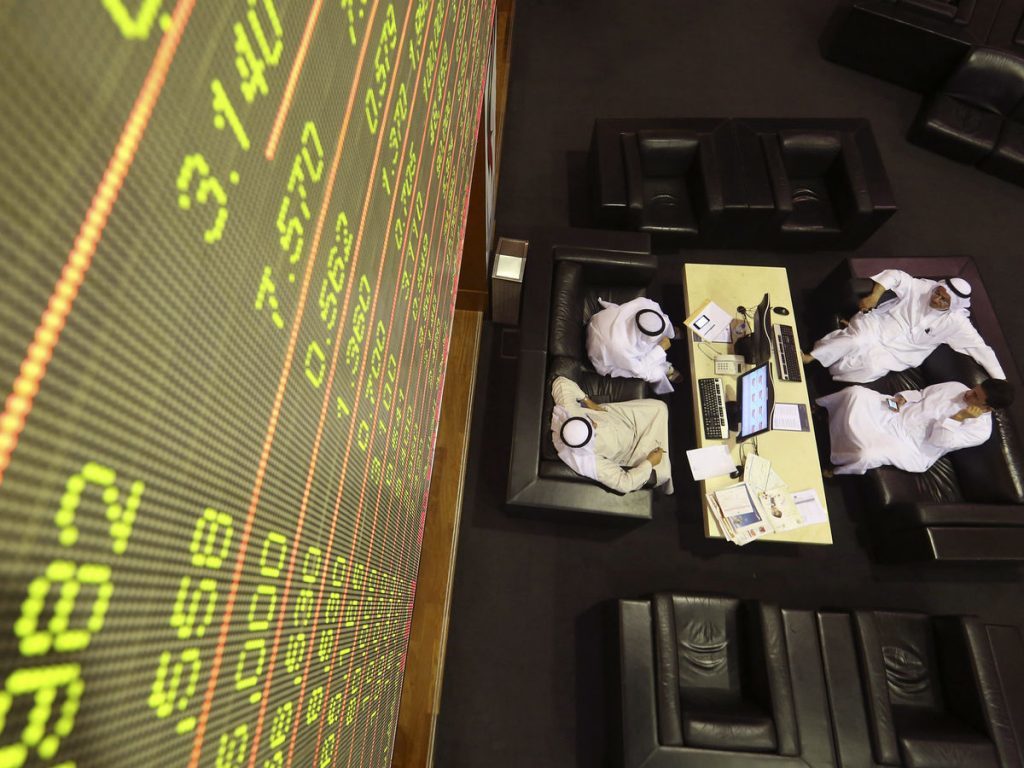
Vitol Group posted a 42 percent decline in first-half profit as the world’s largest independent oil trader grappled with fewer opportunities to benefit from energy-market price swings.
Profit at the Rotterdam-based company fell to $546.4 million in the six months to June 30, from $938.7 million a year earlier, according to a person familiar with the matter, asking not to be identified because the results aren’t public.
The sharp decline in Vitol’s earnings follows a bumper year for oil traders in 2015 as they reaped rewards from price volatility and a contango market structure that allowed them to lock in profits by storing crude to be sold later at higher prices. The favorable trading environment propelled Vitol to a profit of $1.6 billion last year, its highest since 2011.
The earnings suggest traders such as Trafigura Group Pte, Gunvor Group Ltd. and Mercuria Energy Group are facing headwinds as the oil market stabilizes and the gap between current and future prices narrows. Vitol’s first-half pretax profit dropped 41 percent to $646 million. Sales at the closely held company, which celebrated its 50th anniversary this year, fell 22 percent to $71 billion as petroleum prices declined, the person
Andrea Schlaepfer, a Vitol spokeswoman in London, declined to comment.
Ominous Sign
The drop in Vitol’s profitability is an ominous sign for the biggest European integrated oil companies, which relied on bumper profits from their in-house trading operations in 2015 to offset losses from their upstream oil production units. Royal Dutch Shell Plc, BP Plc and Total SA operate some of the world’s largest oil trading desks.
Vitol, which handles about 6.2 million barrels of oil and products a day and has major offices in Geneva, London, Singapore and Houston, cut its personnel expenses, including bonuses, by 28 percent to $313.8 million during the first half, the person said.
Recommended for you
